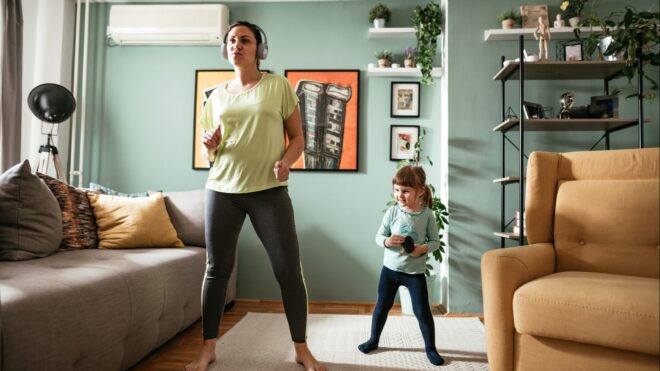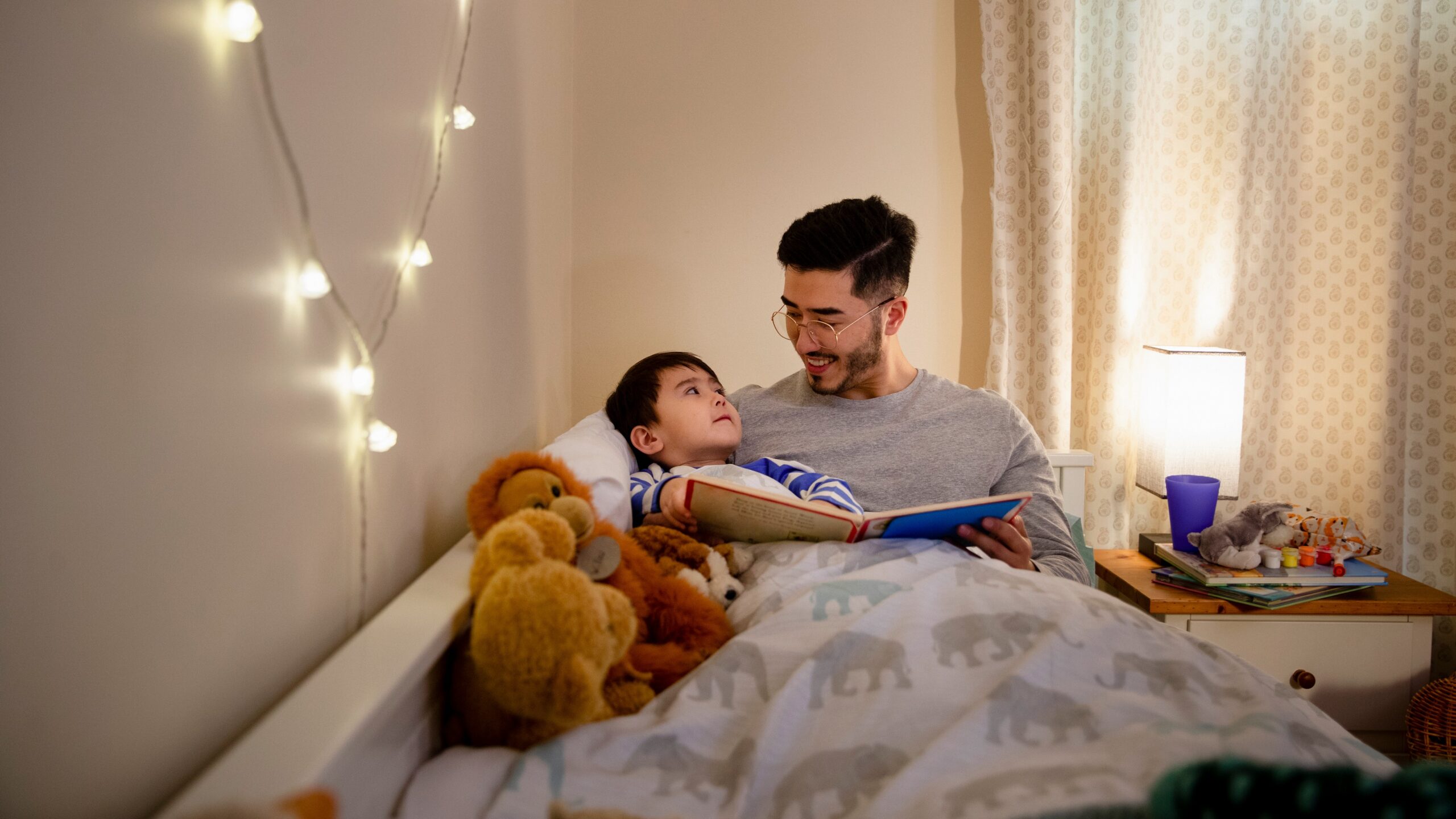
Think about how difficult it can be for you to get a good night's sleep. Sometimes you’re just too bright-eyed to nod off, right? Now think about how hard it can be to get your kid to sleep. That goes double, surely. And finally, think about how difficult it is to get your neurodivergent child to go to sleep. Some of you know that feeling very well.
For a child with obsessive compulsive disorder, it can be especially difficult to get their snooze on. If you or your child deals with the condition, you know how intrusive thoughts and compulsions can be amplified at night. Especially when sleeping alone in a silent, dark room.
More from LittleThings: Here's What An Expert Has To Say About Helping A Child With ADHD Thrive Over The Summer
So, what are some sleep strategies for OCD kids?
Validate Them, Don’t Try to 'Fix' Them
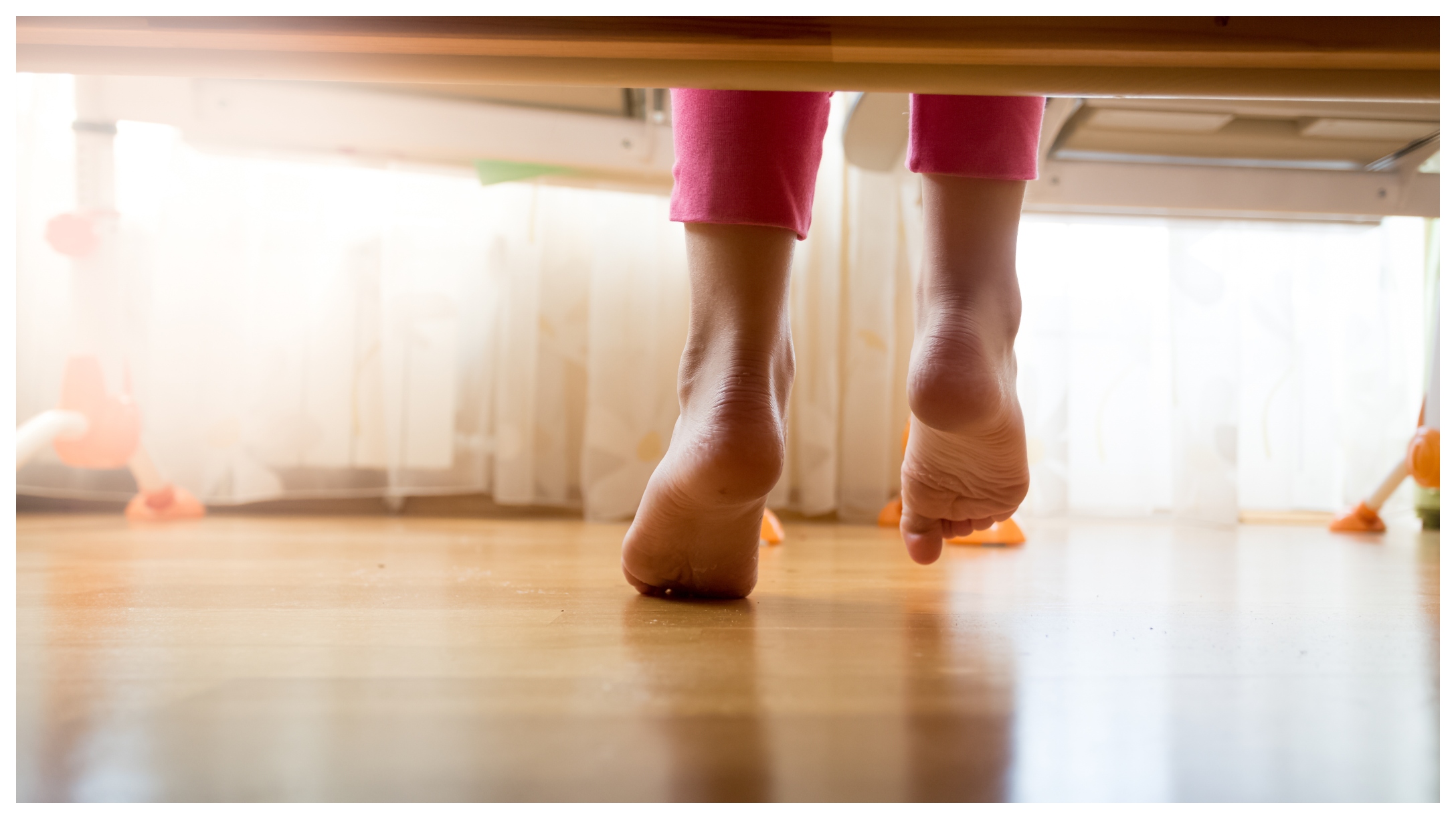
There’s nothing worse for a neurodivergent child than feeling like they are a problem to be solved. It’s scary enough balancing mental health issues with growing pains without feeling punished for their rituals and tics. Focus on letting them know you understand how hard it can be to just want to go to sleep when all these thoughts are clouding their minds.
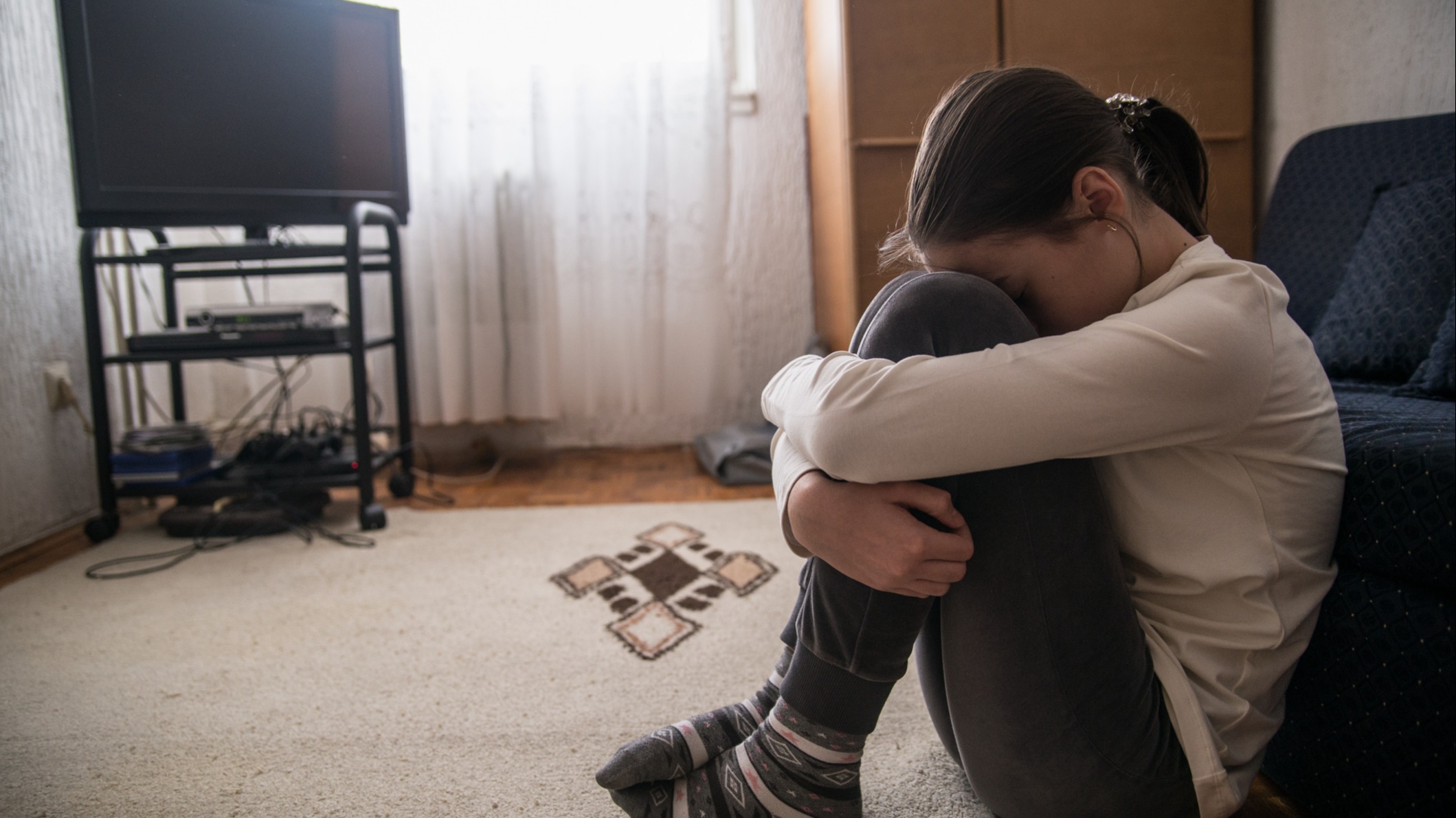
Treating the compulsions and anxious thoughts can come later; let’s focus first on being kind — and sleep. Leave a notepad or tablet beside their bed so they can write down anything that’s worrying them. This will help them vent, and if they want, you can read it in the morning and talk them through it. Above all, let them know that if they get too scared, they can always come to you. The sleep disturbances won’t last forever, and with treatment it’s likely children won’t carry sleep problems into adulthood.
Plan a Healthy Bedtime Routine

Practicing a practical evening hygiene routine will help immeasurably. If your child is germaphobic, finding the line between clean and obsessively clean may be difficult. However, walking them through it step by step will help them feel clean and comfortable, without too many excessive repeats.

If they’ve already bathed, brushed their teeth and hair, and tidied their sleeping area, then they have at least a handful of fewer things to worry about. OCD-related thoughts are usually illogical, however. They may be clean, but they may not feel clean. They might understand that they don’t have to do a certain compulsion 10 times or they’ll have a nightmare, but they can’t risk it. Just because it’s illogical doesn’t mean it doesn’t feel real to them, so making them as comfortable as possible to cool their anxiety is step one. Reassurance that nothing bad will happen is step two. Step three is distraction.
Collect Comforting Sleep Aids
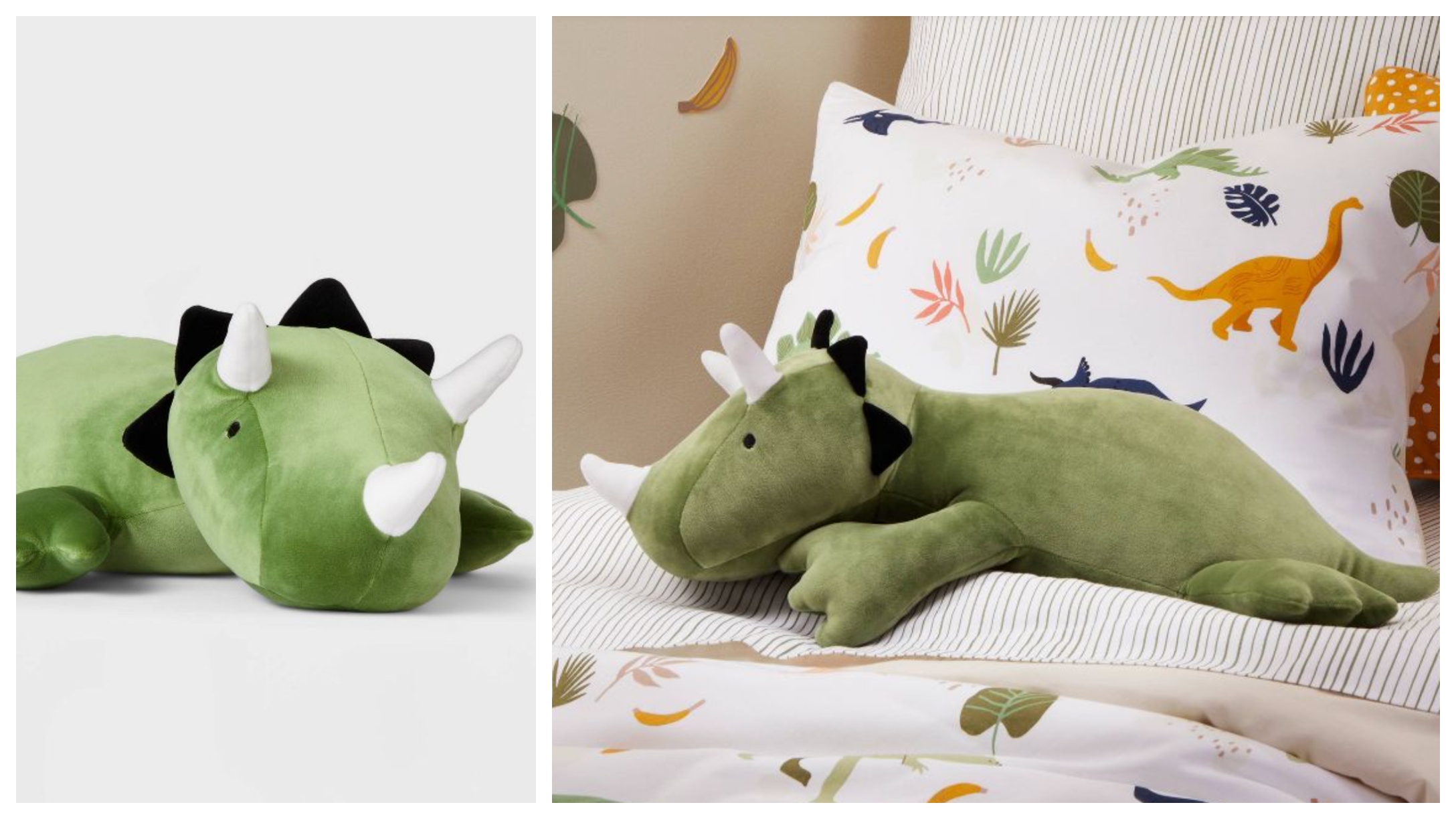
Weighted blankets and teddies, white noise or lullaby machines — there are tons of sleeping aids out there that can calm your child’s anxiety. Distracting their focus on things in their sleeping area that just “feel wrong” will help them relax and drift off to sleep more quickly. Noise machines and meditation apps played at a low volume are a very popular method for helping kids sleep.
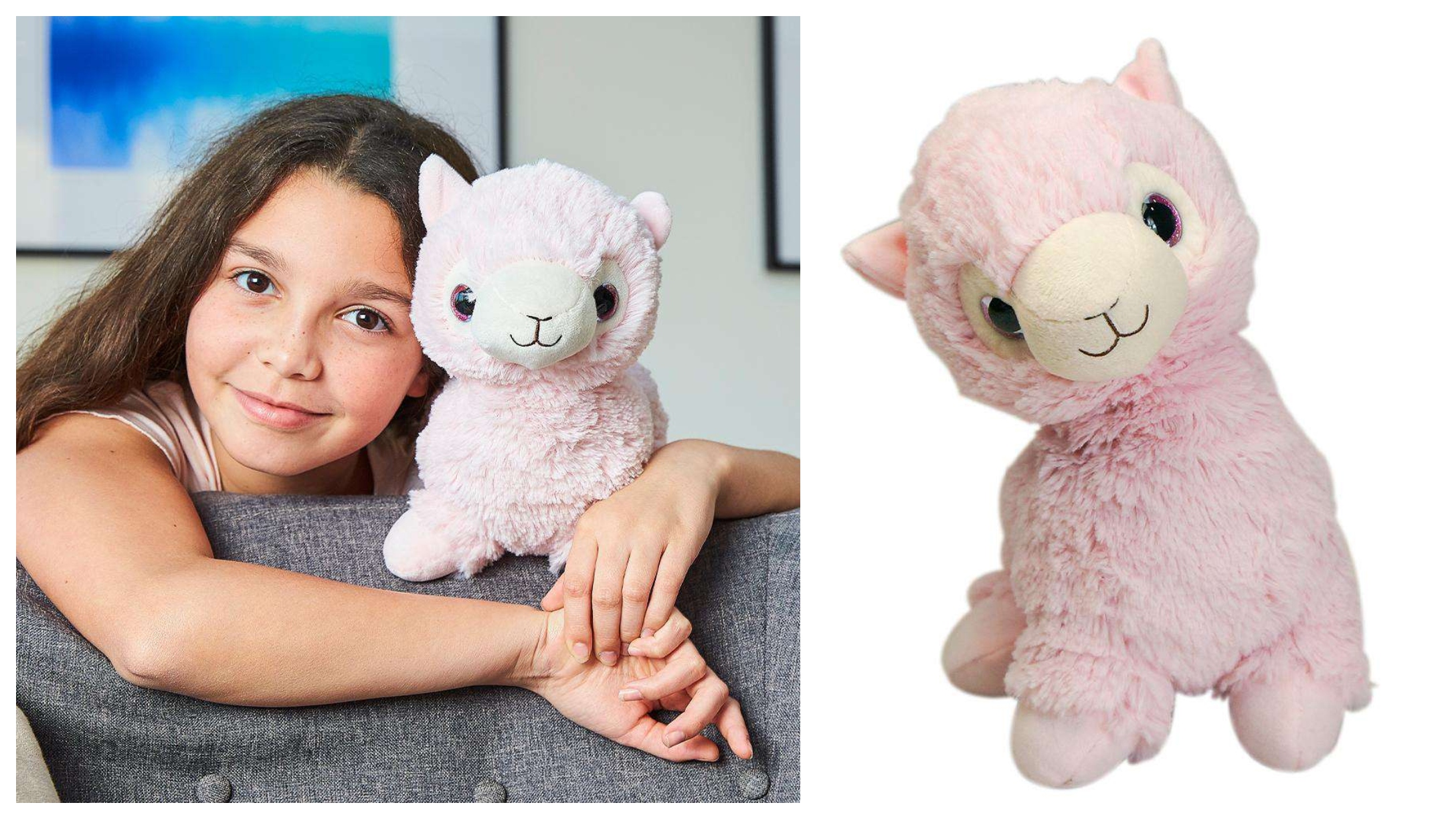
Soothing sounds — such as a soothing voice lulling you to dreamland, white noise, or gentle water droplets — have been known to be very effective in helping with insomnia. If your child is particularly irritable during bedtime, then the more these aids resemble soothing toys, the better. Sensory toys that require cuddles rather than energy can be particularly soothing and helpful.
Do Practice Runs During the Day

You can practice a healthy sleep routine as a mock run during the day, or during nap time. Do exactly what you’d do at night time, pop them into bed, and observe. Ask them what they’re feeling and to detail their negative thoughts in particular. There are countless resources online to help your child pinpoint what they’re having most trouble with, whether it’s intrusive thoughts late at night, your child is stuck in a compulsion loop, or general sleep disturbances.
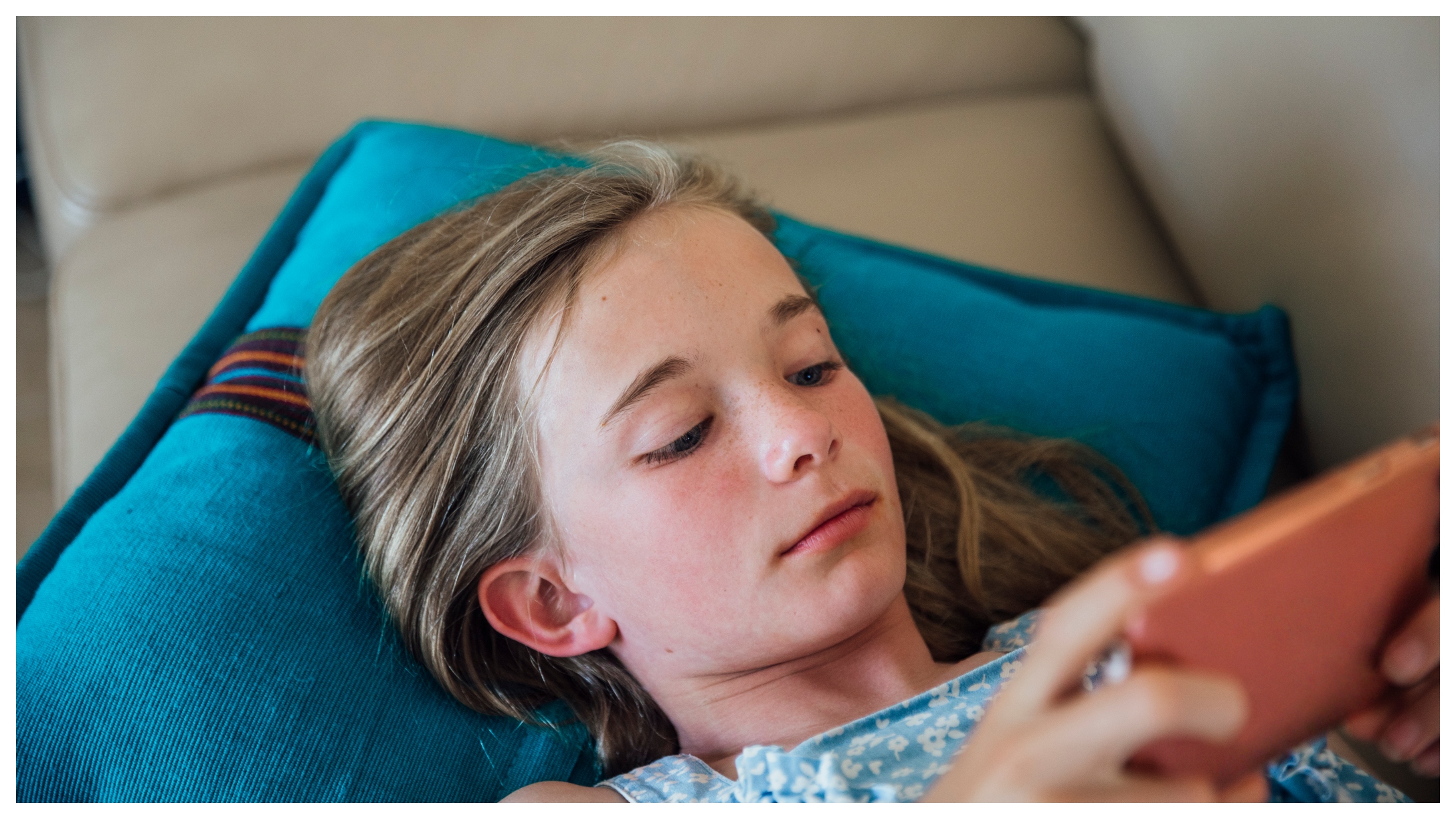
Use mindfulness and positive reinforcement to combat their intrusive thoughts. Ask them what their stress levels are on a scale from 1 to 10, and how that number deviates depending on how much more comfortable you make them or how much they’re exposed to not giving in to their compulsions. With all this in mind, never force exposure therapy on them, especially when it’s past their bedtime. They’re already probably cranky, very low on energy, and irritated by their compulsions. Exposure therapy must be based on consent, understanding, and love. Please also seek official advice from your doctor before attempting exposure exercises.
Consider Counseling or Child Wellness Classes

It may seem obvious, but seeing a therapist for treatment can come in many forms. Chances are, if you know your child has OCD, they may already be getting treatment for that. But seeing a psychologist who specializes in sleep disturbances, or asking your current therapist for sleeping advice, will do wonders for your child’s well-being as a whole.

In-person cognitive behavioral therapy is very useful; however, it can be quite intimidating for a kid. Zoom therapy can take the pressure off, stripping away the medicinal, clinical aspect to mental health. Being comfortable in their own room will probably make them feel like they’re chatting to a new friend rather than a doctor. Many in-person local wellness centers will have their own online therapy sessions that can be acquired via your health insurance, though there are also online-only services that can be accessed without referral. There are also various classes you can take with or without your child in order to grasp a better understanding of what they’re going through.
Disclaimer: The advice on LittleThings.com is not a substitute for consultation with a medical professional or treatment for a specific condition. You should not use this information to diagnose or treat a health problem without consulting a qualified professional. Please contact your health care provider with questions and concerns.



